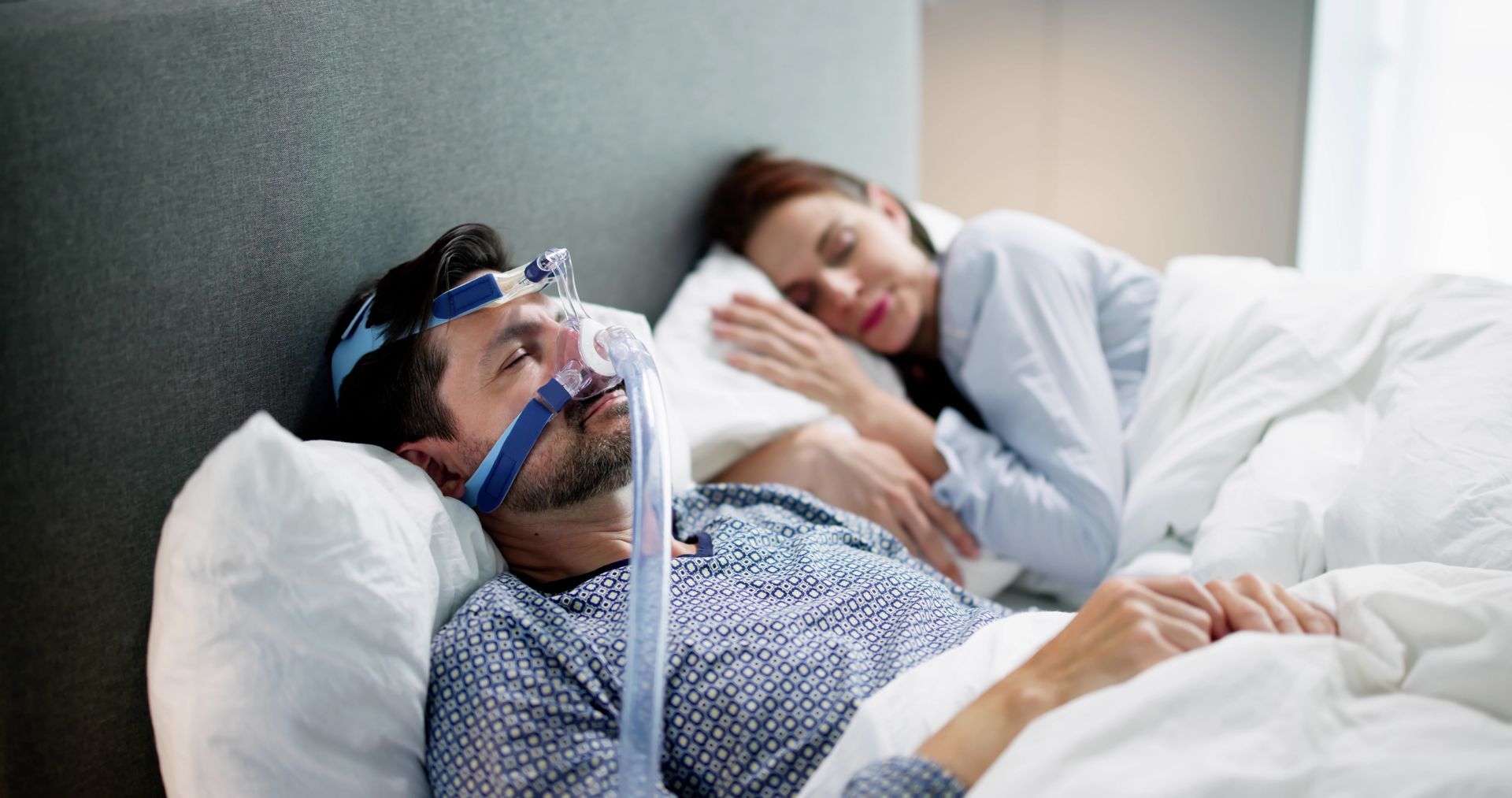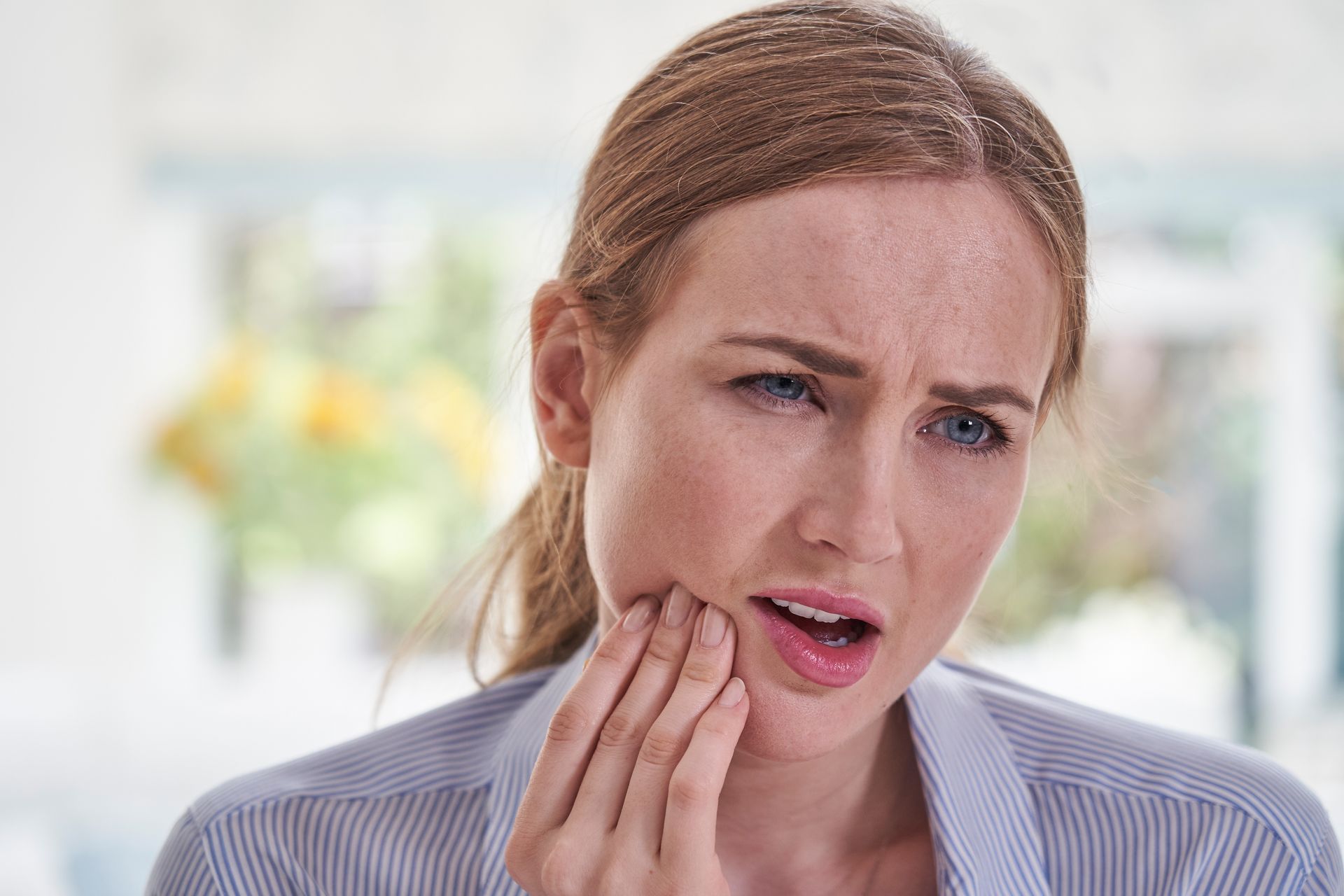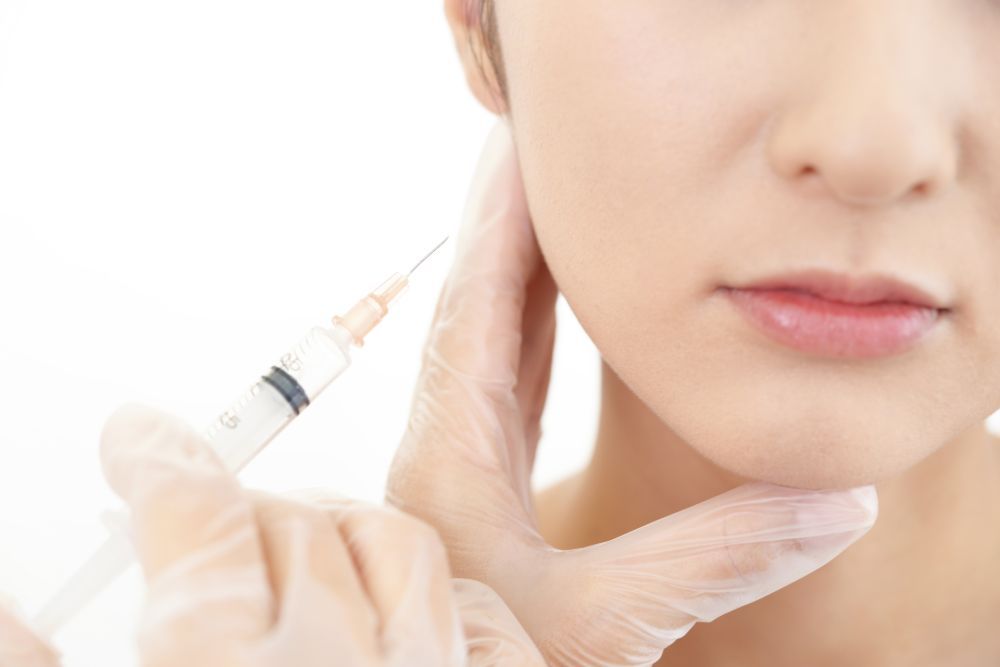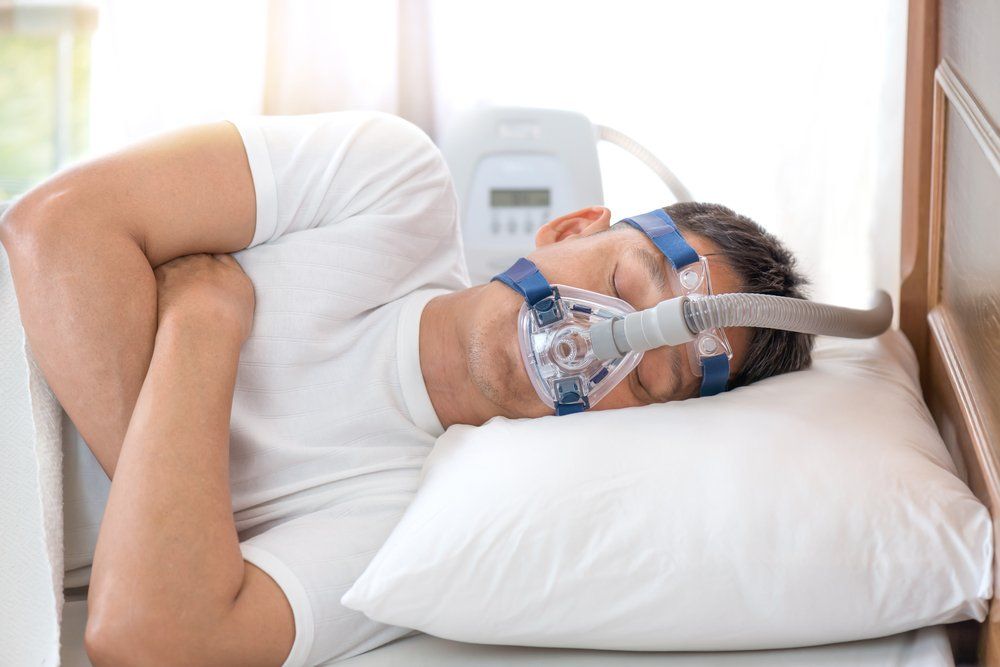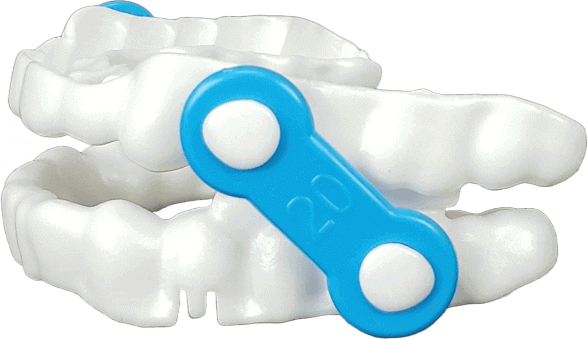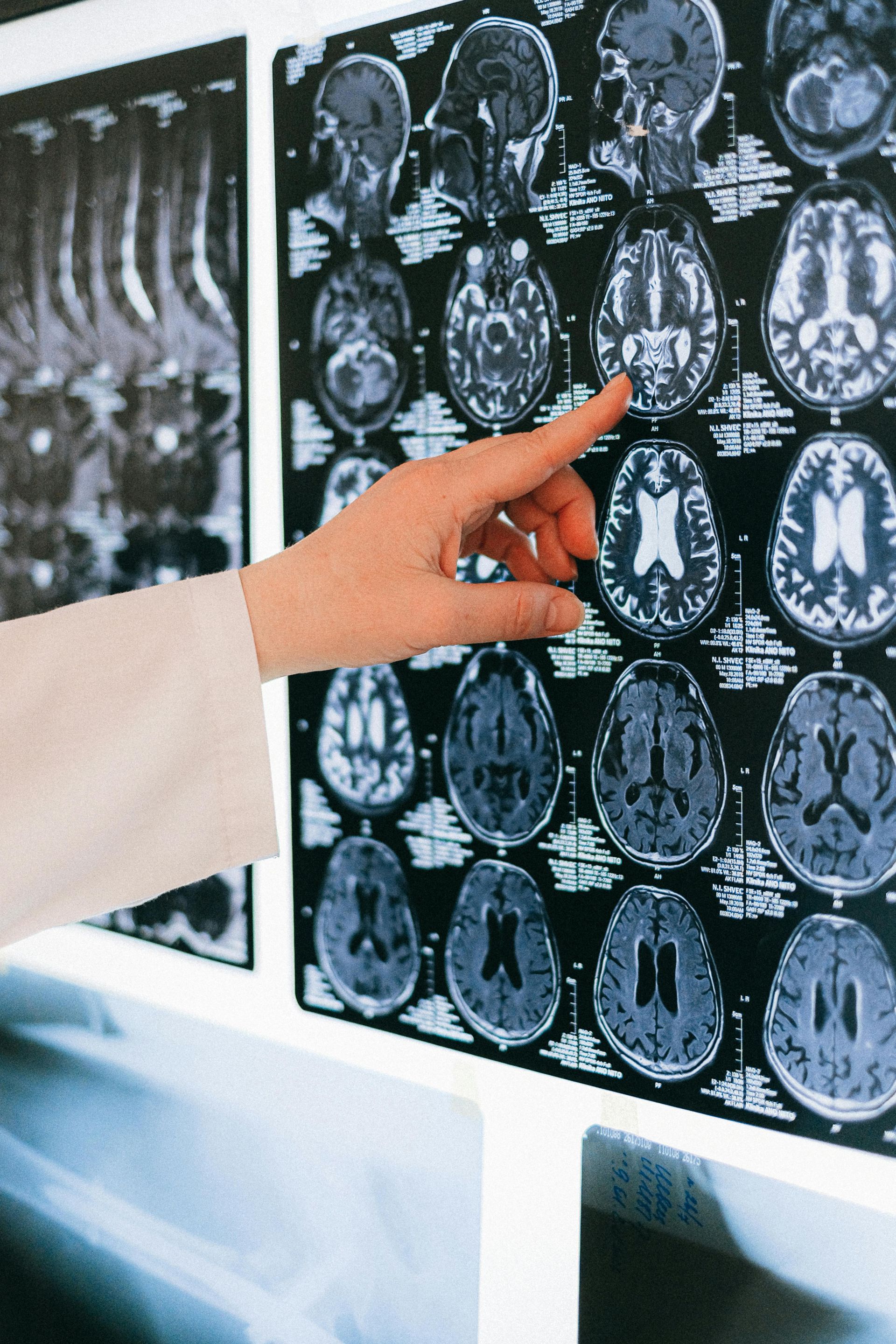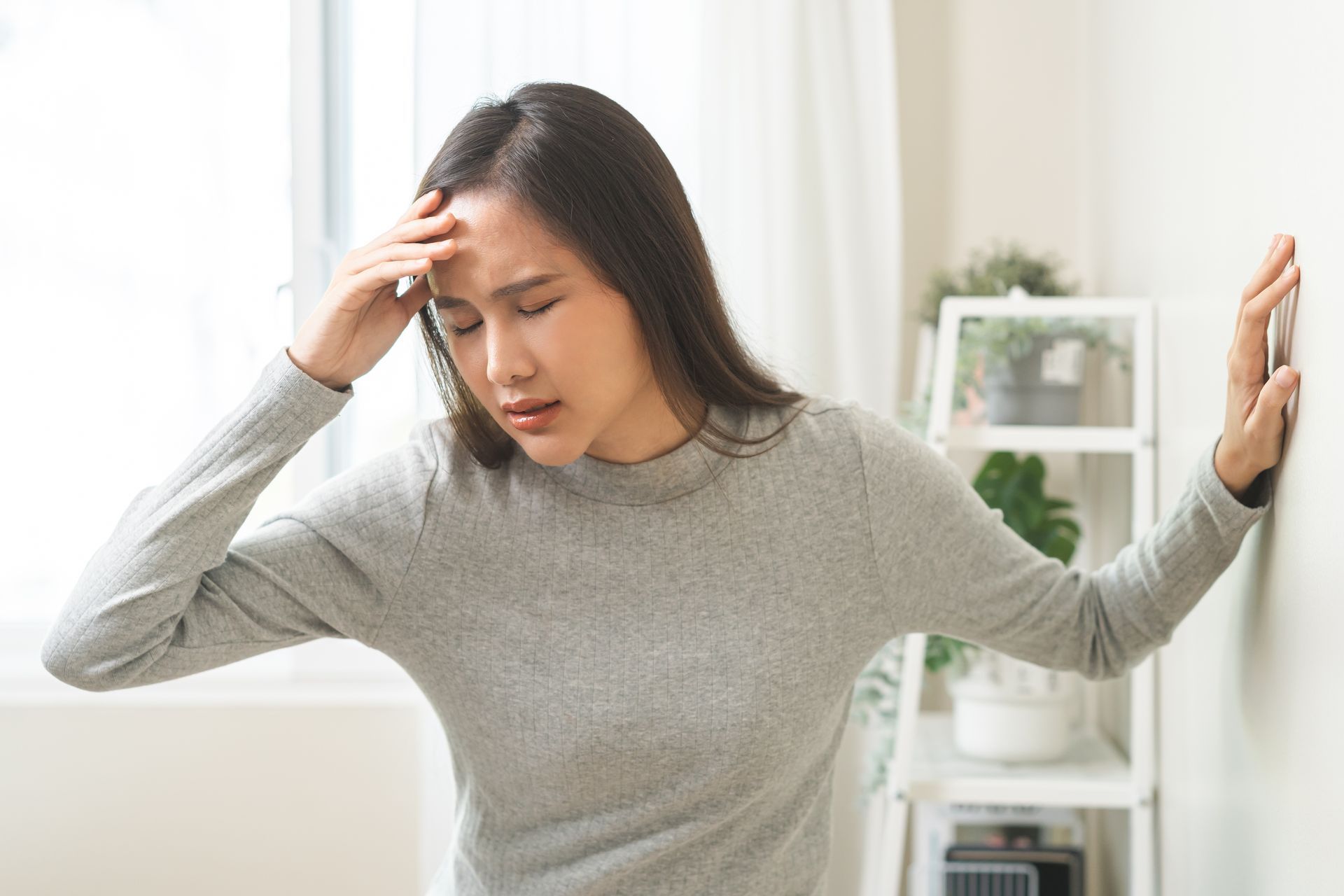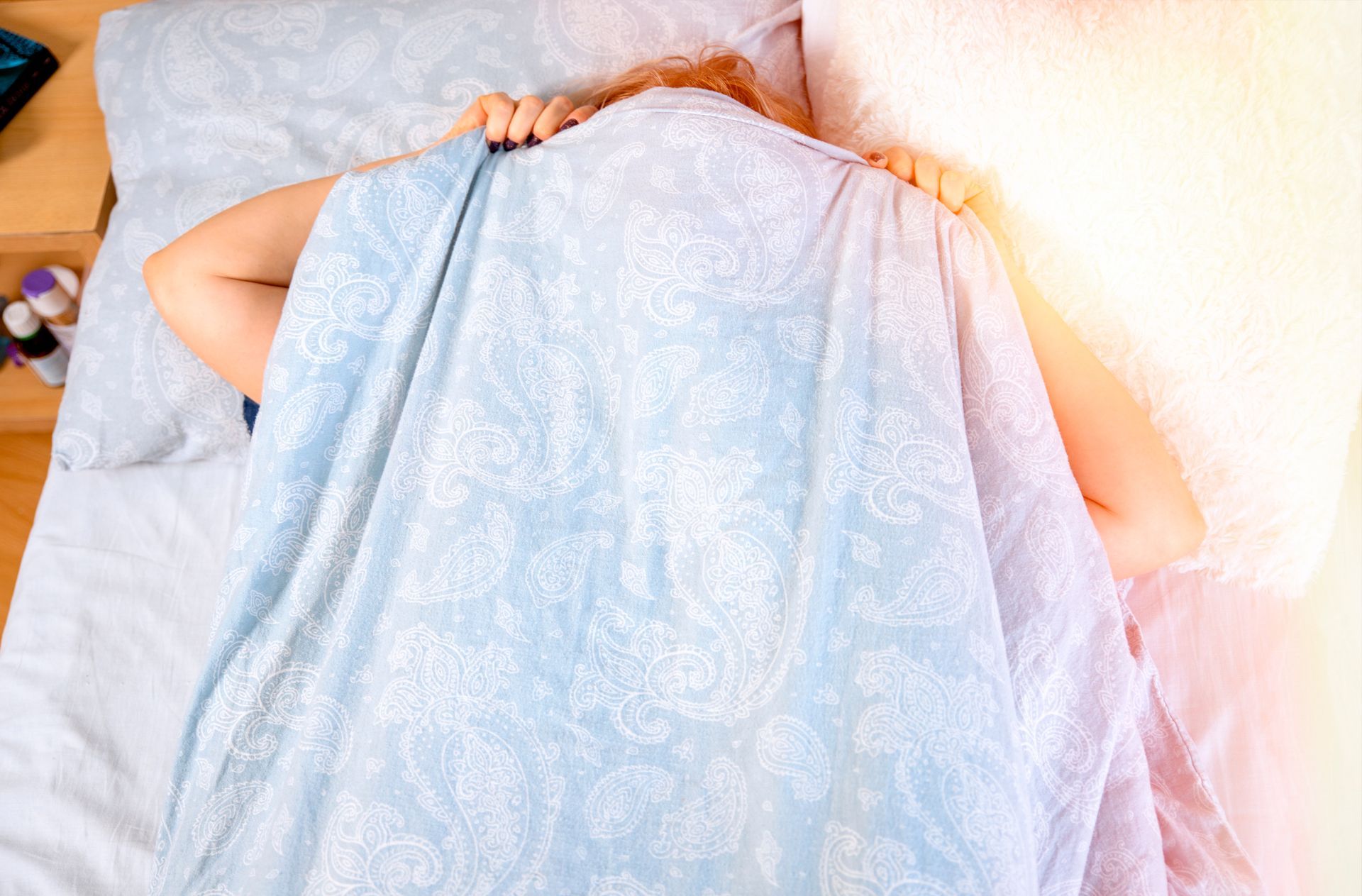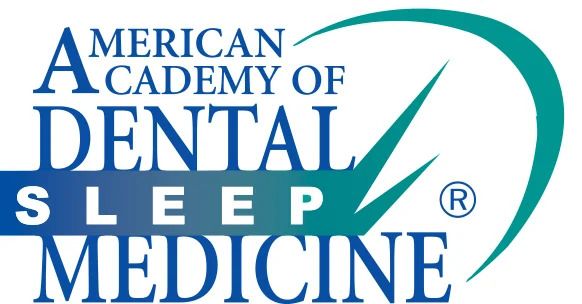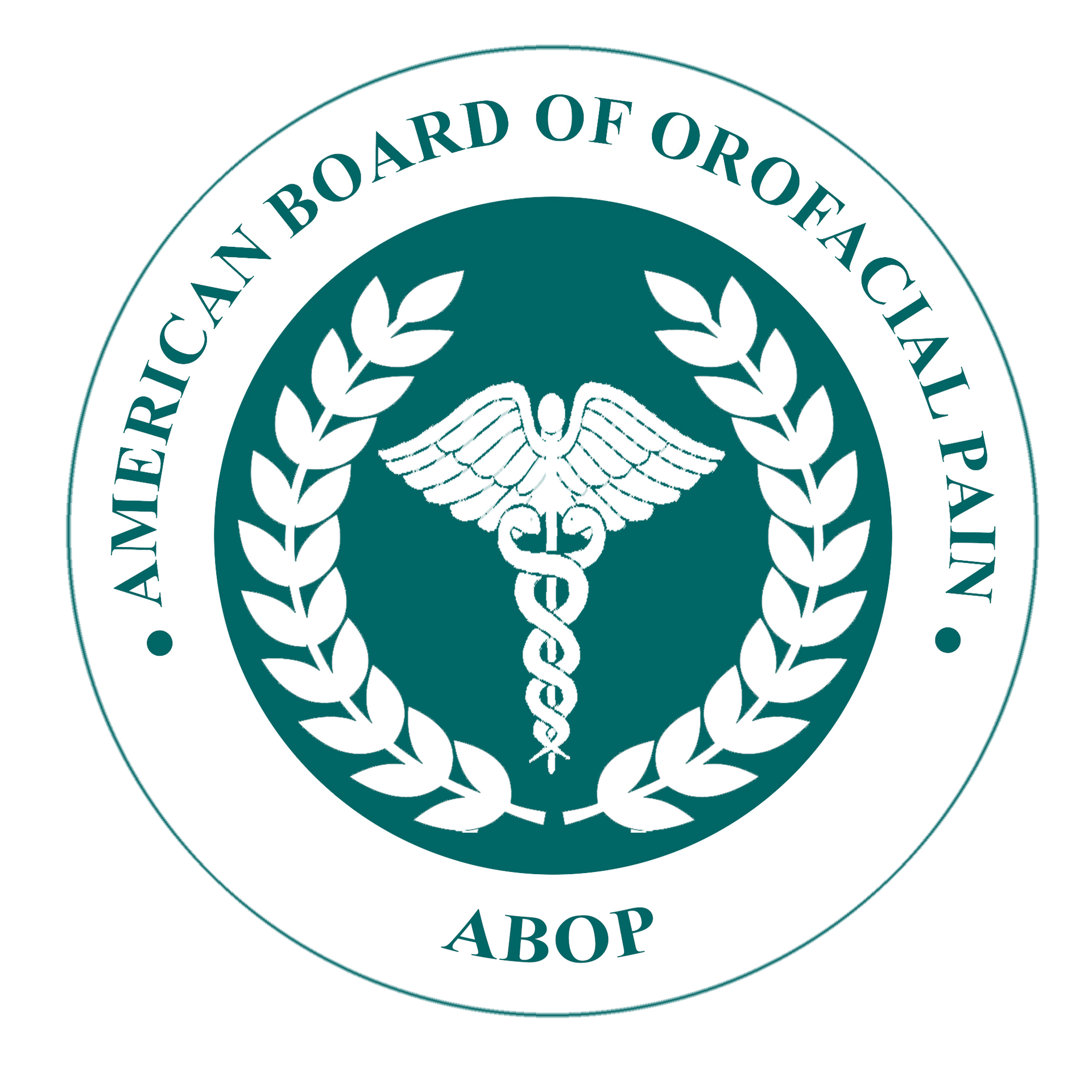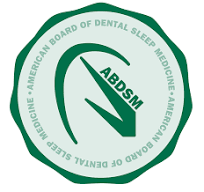Types Of Sleep Apnea - Obstructive, Mixed & Central
Updated 3/25/2025
Are you struggling to get quality sleep, waking your partner with loud snoring, or dealing with daily headaches?
You could be experiencing a sleep-related breathing disorder known as sleep apnea. This condition disrupts your oxygen intake during sleep—often due to a blocked airway or an underlying health issue.
If restful sleep feels out of reach, it may be time to consider whether sleep apnea is the cause. Start by seeing a sleep specialist and take the first step toward the relief you’ve been searching for.
What is Sleep Apnea?
First, let’s talk about sleep apnea in general. People who suffer from sleep apnea struggle to breathe properly while they sleep. Sometimes, the airways become completely blocked, often resulting in harsh gasping that can even force a person to wake up.
Sleep apnea is frequently accompanied by loud snoring, which can affect your partner’s ability to sleep. Fortunately, sleep apnea can be treated by experts like Dr. Phillips. The type of treatment required will depend on which specific type of sleep apnea you suffer from.
Obstructive Sleep Apnea
Obstructive sleep apnea is the most common form of sleep apnea. Unfortunately, it’s also among the most serious. However, it is treatable in most cases.
Causes of Obstructive Sleep Apnea
Obstructive sleep apnea occurs when the muscles in your neck relax, causing airways to become restricted or even collapse. Certain conditions, such as obesity, can increase risk of tissues obstructing airways.
Symptoms of Obstructive Sleep Apnea
There are many symptoms, including:
- Loud snoring
- Daytime tiredness
- Morning headaches
- Dry mouth upon waking up
- Abrupt awakenings
- Nighttime sweating
- Difficulty concentrating
Obstructive Sleep Apnea Treatment
Many people turn to CPAP machines, which produce positive air pressure, thus keeping airways open. FDA approved Oral Appliances , such as mouthpieces known as Mandibular Advancement Devices, may also be effective.
Lifestyle changes can also address underlying conditions. If you’re overweight, losing weight can help. Cutting back on alcohol consumption may also provide relief. Even changing your sleep position can be beneficial.
Central Sleep Apnea
Unlike obstructive sleep apnea, central sleep apnea isn’t characterized by blocked airways. As such, different types of treatment may be required.
Causes of Central Sleep Apnea
Central sleep apnea occurs when your brain fails to send the right signals to the muscles that control your breathing. Opioid use and other risk factors can increase the likeliness that you will suffer from this serious condition.
Symptoms of Central Sleep Apnea
Unfortunately, central sleep apnea exhibits many of the same symptoms as obstructive sleep apnea, making it difficult to diagnose.
- Daytime tiredness
- Snoring
- Abruptly waking up, accompanied by shortness of breath
- Morning headaches
- Difficulty concentrating
Treating Central Sleep Apnea
Often, to treat sleep apnea you have to treat the underlying condition, such as heart failure. In some cases, treatments that address obstructive sleep apnea can also effectively treat central sleep apnea. A CPAP machine, for example, may stabilize your breathing.
In other cases, however, different treatments are needed. For example, some drugs, like acetazolamide and theophylline, have proven effective at treating central sleep apnea. It’s important to talk with an sleep expert to devise a treatment plan that will work for you.
What is Complex Sleep Apnea?
Unfortunately, some people suffer from both central sleep apnea and obstructive sleep apnea. This results in “complex sleep apnea”, which is especially difficult to treat. This form of sleep apnea is also referred to as “mixed” sleep apnea, and often, multiple treatment methods must be used in coordination with one another.
How Are These Conditions Diagnosed? How Do You Tell The Difference?
It can be difficult to tell the difference between different forms of sleep apnea. Fortunately, each condition does often exhibit slightly different symptoms. These symptoms can help sleep experts hone in on the specific condition.
Further, sleep studies must also be conducted. With a sleep study, experts can gather data, including vital signs and brain activity, to discover the specific causes and condition that the patient is suffering from.
What’s important is talking about your issue with a trained expert as they will be able to identify the specific condition you’re suffering from.
All Forms of Sleep Apnea Are Serious
Sleep apnea is a common but serious condition. Don’t let it go untreated. Without treatment, you’ll likely suffer from a lower quality of life and your loved ones and others may suffer as well if you’re irritable or less productive.
Wondering how you can get the right treatment for your condition? Contact Dr. Phillips today ! Dr. Phillips has undergone years of training and has treated thousands patients who were suffering from obstructive sleep apnea.
-2700x842-1920w.png)




